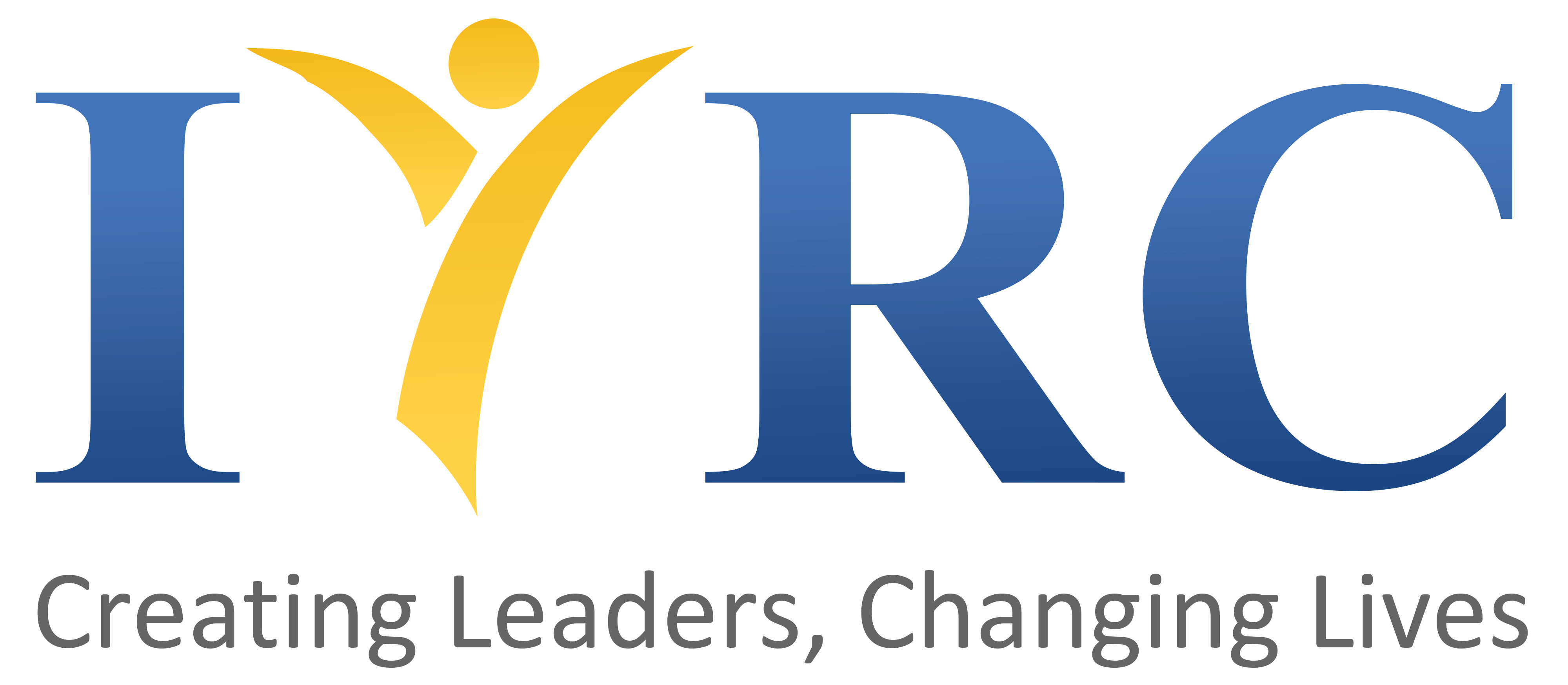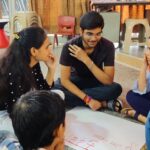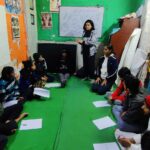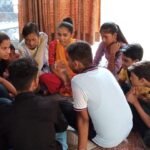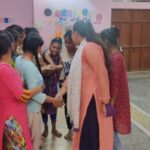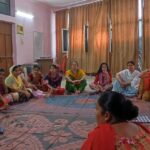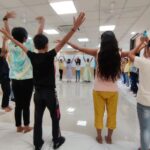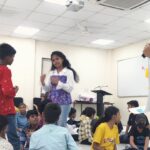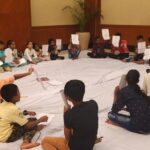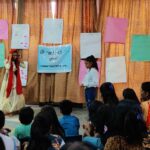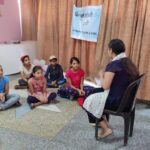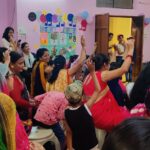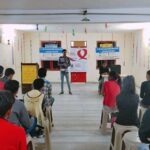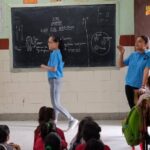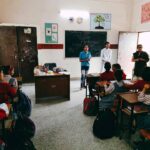Sexual Reproductive Health & Right (SRHR)
Why - SRHR?
During our interactions with the community, we observed several critical issues among adolescents and youth regarding SRHR:
Lack of Information: Many young people lack accurate information about their sexual and reproductive health, leading to misconceptions and risky behaviors.
Contraceptives and STIs/RTIs: There is a significant gap in knowledge about contraceptives and the prevention and treatment of sexually transmitted infections (STIs) and reproductive tract infections (RTIs).
Menstrual Health: Young women lack proper knowledge and resources regarding menstrual health and hygiene.
Gender Gaps: Issues related to SRHR are often considered solely women’s concerns, leaving men uninformed and disengaged.
Consent and Relationships: Many youths are unaware of critical topics like consent, decision-making, and healthy relationships.
These gaps lead to various problems, such as unintended pregnancies, health complications, and gender disparities. To address these issues, IYRC initiated an SRHR program to educate and empower the youth in migrant communities, ensuring they have the knowledge and resources needed for their sexual and reproductive health.
What We Do - SRHR Program
Our SRHR program engages adolescents and youth in meaningful conversations about bodily changes and equips them with the knowledge to recognize and advocate for their rights. We address myths surrounding crucial topics such as reproductive health, menstruation, gender, sexuality, consent, and decision-making. By providing accurate and comprehensive information, we empower young individuals to make informed choices and advocate effectively for their well-being.
Key Activities:
Sessions on SRHR Topics: Conduct interactive sessions on reproductive health, menstruation, gender, sexuality, consent, and decision-making.
Creating Safe Spaces: Establish safe environments for open discussions and learning.
Advocacy with Government Programs: Collaborate with government initiatives like Adolescent Friendly Health Clinics (AFHC) to enhance our outreach.
Promoting Gender Equality: Work towards fostering gender equality in all aspects of our program.
Peer Educator Training: Train youth leaders to disseminate SRHR knowledge within their communities.
Community Outreach: Engage parents and community leaders to foster a supportive environment for youth.
These initiatives aim to create an informed and empowered youth, capable of making safe and healthy decisions regarding their sexual and reproductive health.
